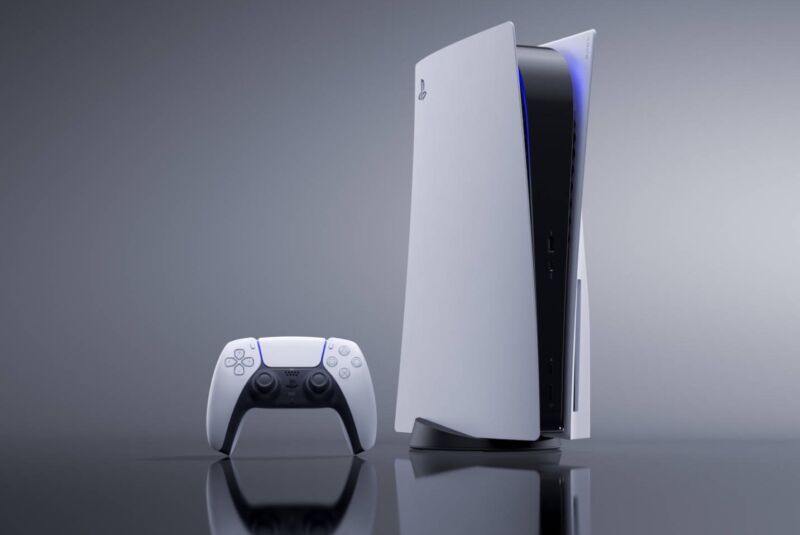-
Google Fit for Pixel phones will have this new card in the middle for vitals tracking.
-
Respiratory rate requires you to sit down and prop your phone against something. The idea is that the only movement can be from your breathing.Google
-
You need to frame yourself correctly.Google
-
Scanning. Note that you have to "hold still."Google
-
This camera mode only measures breathing rate.Google
Google's latest Pixel-exclusive feature is the ability to track your heart rate and respiratory rate without any extra hardware. The company says that starting next month, Google Fit on Pixel phones will track these health stats using only the devices' existing cameras.
We've seen heart-rate tracking on smartphones before thanks to Samsung's Galaxy line. From the Galaxy S5 through the Galaxy S10, Samsung tracked heart rate through a physical photoplethysmography (PPG) sensor on the back of the phone. Users could simply press a finger against the sensor and get a heart reading in seconds.
The Pixel phones don't have a PPG, but Google's solution is not all that different. A PPG shines a light (usually a green LED) into your skin, which is reflected by your bloodstream back to a nearby photoreception. It's basically a specialized camera. Google's Pixel solution just uses the actual camera. Google says, "To measure your heart rate, simply place your finger on the rear-facing camera lens."
Calculating breathing rate uses the front camera. Google's instructions (shown in the gallery, above) say to prop the phone up against something, turn on the selfie camera, and as long as your head and torso are in view, you'll be able to get a heart-rate and respiratory-rate reading.
Our takeaway from the earlier Samsung smartphones was that heart-rate tracking is best left to smartwatches and fitness trackers. Wearables get to be in contact with your arm all the time and can track your heart rate passively while you exercise or go about your day. The phone-based solution requires you to stop what you're doing, open an app, press your finger against a sensor, and hold still for a few seconds while it takes a measurement. On Samsung phones, this was a hassle and definitely not something you'd want to do in the middle of a workout. Samsung eventually gave up on the feature, too, cutting the PPG sensor from the Galaxy S20, and nobody really missed it. The feature makes a bit more sense when it's "for free" and doesn't require special hardware, but we'd still rather just strap on a fitness tracker, especially when decent 24/7 PPG trackers can be had for $30.
Google says both of these features track "tiny physical signals at the pixel level—like chest movements to measure your respiratory rate and subtle changes in the color of your fingers for your heart rate." Google told The Verge that the heart-rate sensor is accurate within 2 percent. The company doesn't have FDA approval for any of these new features, so they're just for "general wellness" and can't be relied on for a medical diagnosis or to evaluate medical conditions.
Article From & Read More ( Google Pixel phones will soon track heart rate using only the camera - Ars Technica )https://ift.tt/2YPIzqA
Technology

No comments:
Post a Comment